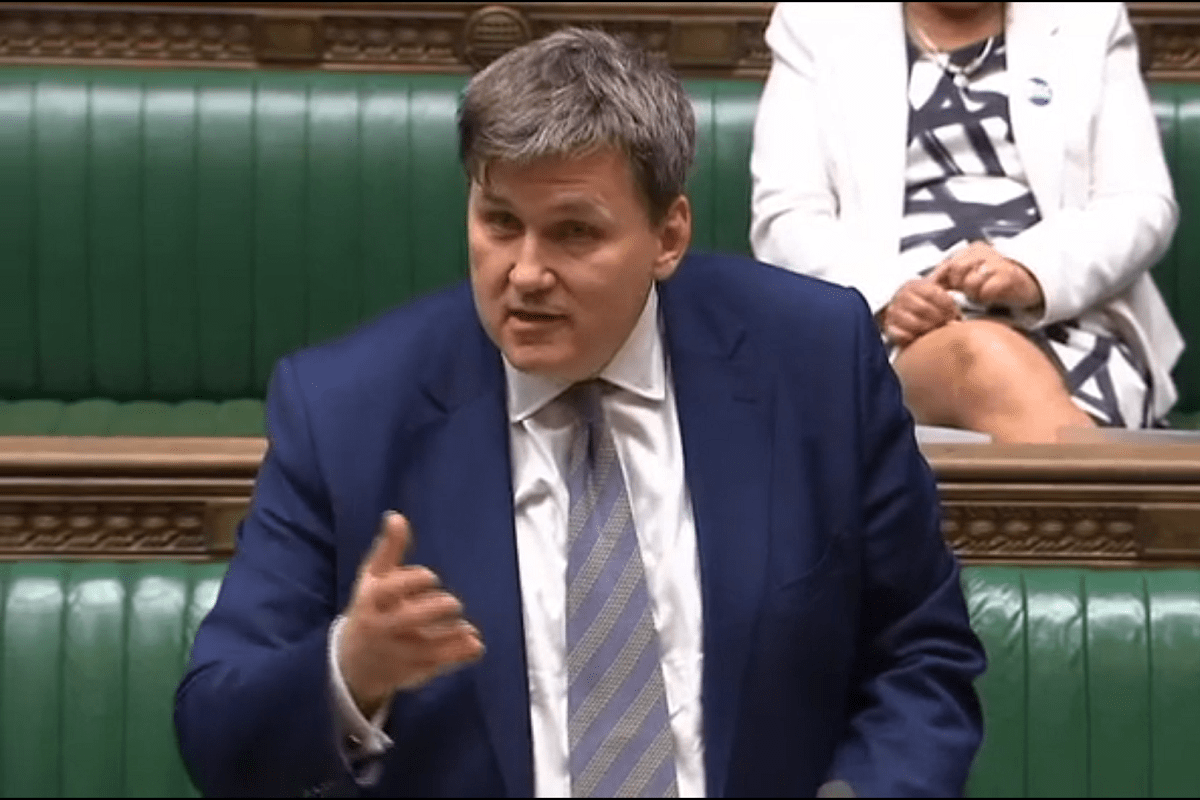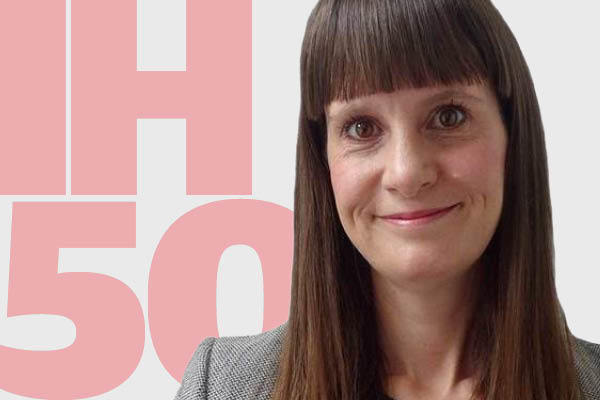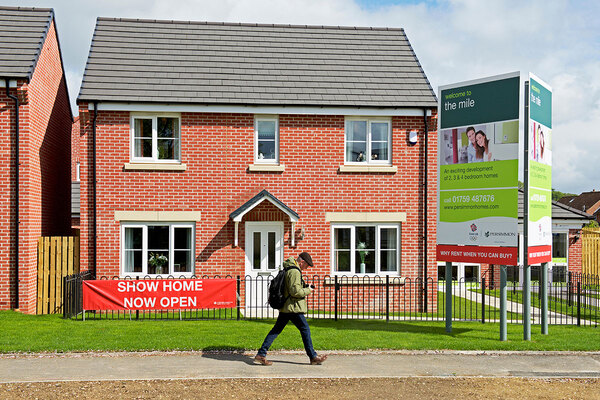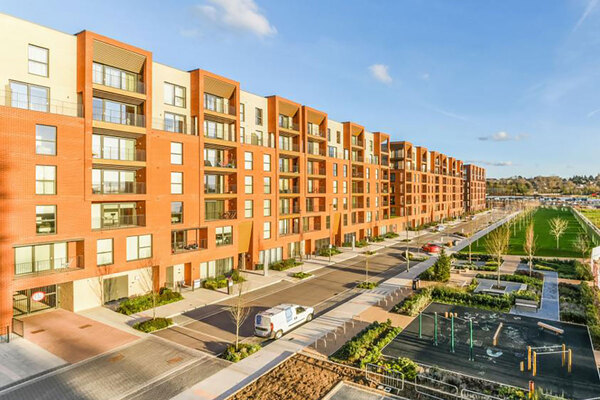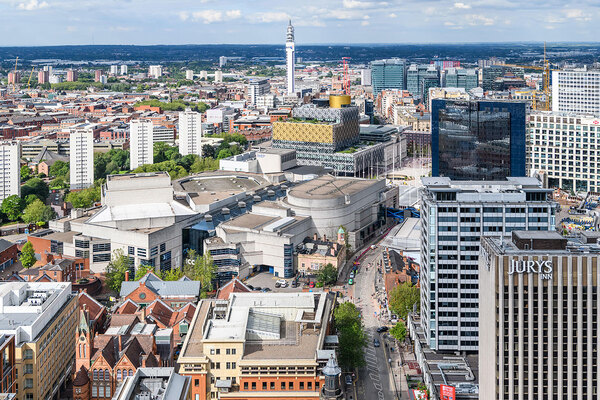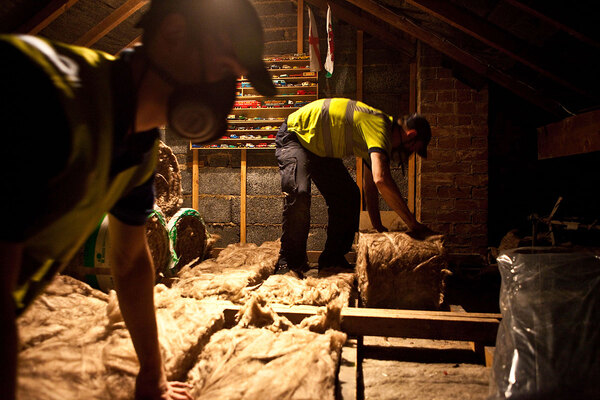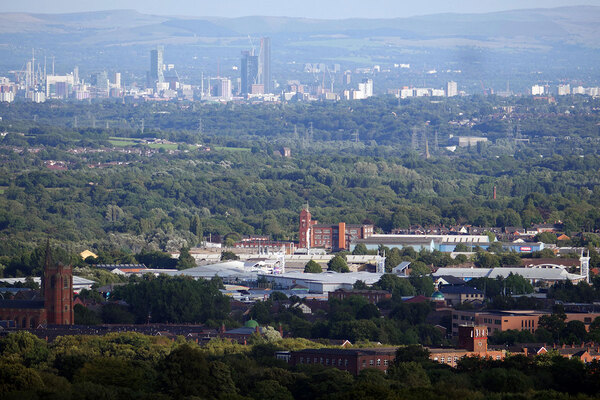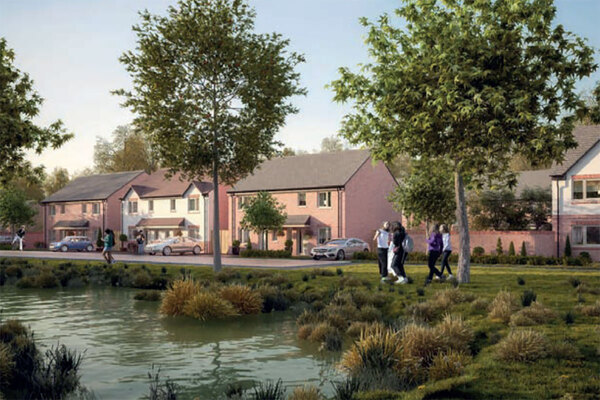Sector needs £146bn from government over a decade to end housing crisis, says NHF
The government must invest £12.8bn a year to end England’s housing crisis, according to research released today by the National Housing Federation (NHF).
The body claimed that if the government maintained this funding for a decade, around 1.45 million affordable homes would be created for rent and shared ownership, including those created through Section 106 planning agreements.
Accounting for inflation, this would amount to £146bn over 10 years, which would cover 44% of the total costs.
The NHF, the Chartered Institute of Housing (CIH), Shelter, Crisis and the Campaign to Protect Rural England called on ministers to find the cash to match spending levels last seen under Winston Churchill’s government in the early 1950s.
Yesterday, the Greater London Authority and the G15 group of London’s largest housing associations warned that levels of government grant for affordable housing in the capital need to increase sevenfold to £4.9bn a year.
They argued the investment could add £120bn a year to the country’s economy by creating jobs and slash the Treasury’s benefits bill.
Kate Henderson, chief executive of the NHF, said: “By investing this money in affordable housing at the upcoming spending review, the government can help families all across the country to flourish.
“They can help children get out of poverty, give young voters a foot up on the housing ladder and help private renters who have to empty their bank account every month.
“As well as being the right thing to do, investing to end the housing crisis also carries huge economic benefits.”
The government paid £22.3bn in housing benefit last year, much of which went to private landlords, who tend to charge significantly higher rents than social landlords.
It spent just £1.27bn on affordable housing – down 70% from 2010 levels.
Only 5,400 social rented homes were built in 2017/18, whereas nearly 36,000 were built in 2010/11.
Over that period, rough sleeping has increased 169%, while the NHF estimates that 1.3 million children are living in poverty in the private rented sector.
The NHF’s figures are based on estimates of housing need produced by Heriott Watt University last year, which concluded England needs 145,000 affordable homes annual over the next decade.
Polly Neate, chief executive of Shelter, said: “Charting a course to build a new generation of social homes must be a key test for whoever walks through the doors of Number 10.
“The race to eradicate homelessness and provide millions with a stable home is a race that every politician should be trying to win.”


